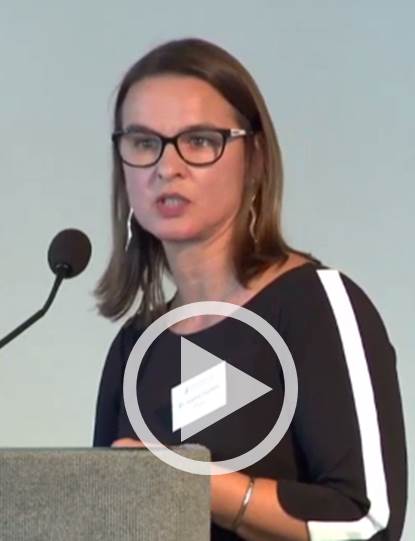Your basket is currently empty!
Non-clinical immunogenicity risk assessment of therapeutic proteins

The introduction of therapeutic protein drugs is recognized as a major step forward in the management of many severe diseases in multiple areas. However, their optimal use is hindered by the development of unwanted immunogenicity, which occurs in up to 40% of treated patients. Therapeutic protein-induced anti-drug antibodies can alter drug pharmacokinetics and pharmacodynamics leading to impaired efficacy, loss of clinical response and serious safety issues in the case of cross- reactivity with endogenous proteins with vital functions. Numerous factors related to patients, products and administration are thought to contribute to therapeutic protein immunogenicity. Hence, there has been a growing interest over the past decade in developing methods to assess the risk of unwanted immunogenicity early during drug development and mitigate the risk when products reach the clinic. Here, I will discuss the various strategies and approaches to therapeutic proteins in silico, in vitro and in vivo immunogenicity risk assessment.
Sophie Tourdot received her Ph.D. in T cell vaccine immunology at the University of Paris 5. Following her postdoctoral trainings at Imperial College London, she worked at the Pasteur Institute on HIV vaccine design then progressed to Stallergenes-Greer and ITS, where she lead the Pre-clinical immuno-pharmacology teams. She then worked at the French National Research Institute for Health and Medical Research (INSERM) as the Scientific Project Manager of the IMI-funded ABIRISK project, a consortium of 38 partners from the pharmaceutical industry and academic research centers across Europe, Israel and the United-States. The ABIRISK program focused on the analysis of underlying biological mechanisms, clinical relevance and prediction of unwanted immunogenicity of biopharmaceuticals. In her current position at Pfizer in the BioMedicine Design department, Sophie has responsibilities for biologics immunogenicity risk assessment and mitigation. She is also the European Immunogenicity Platform Scientific Affairs Director.
